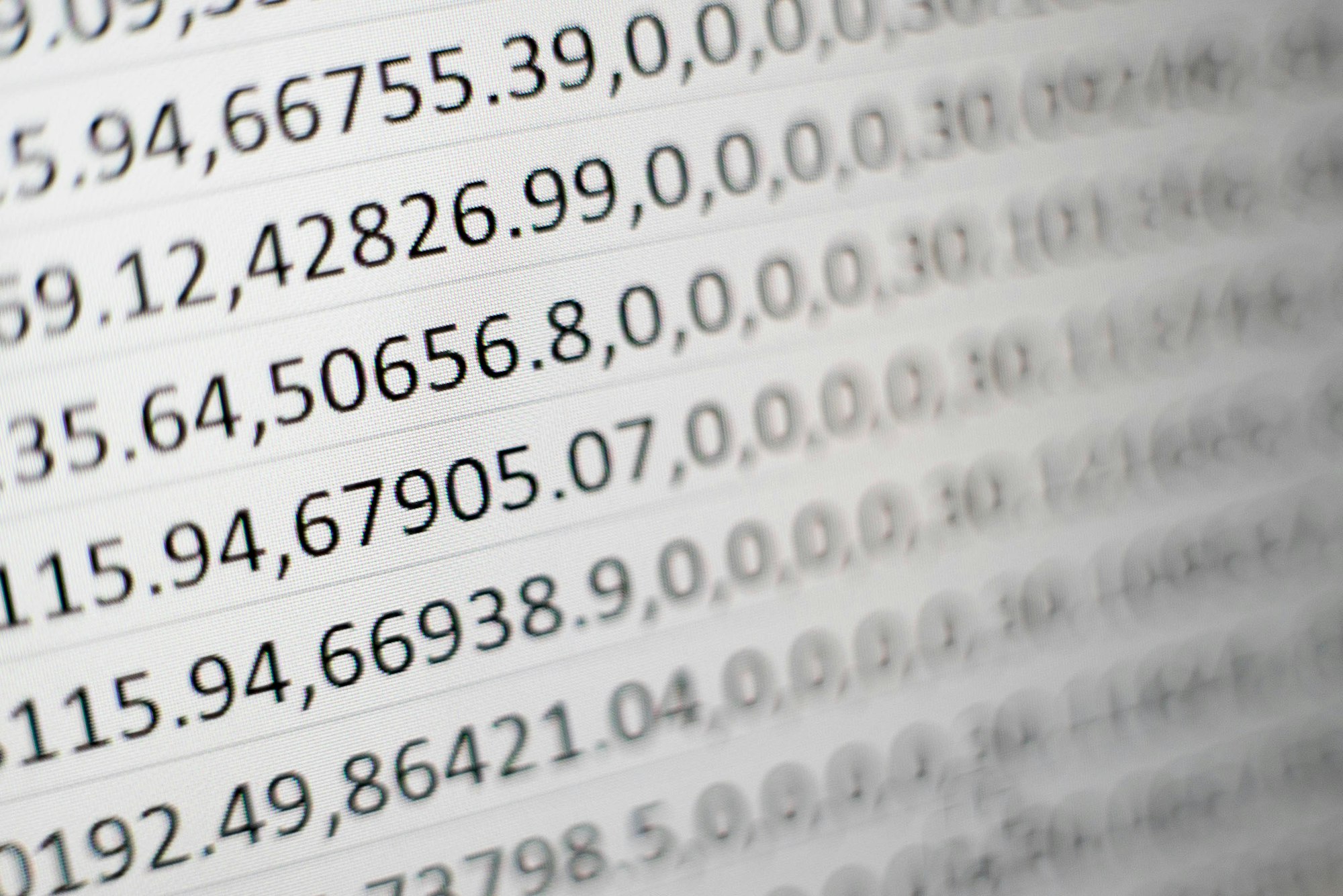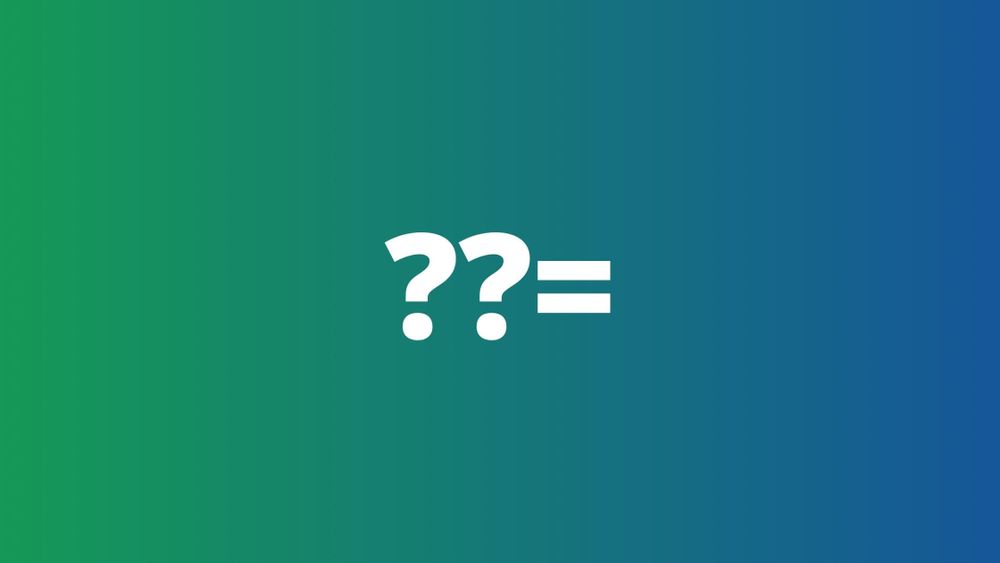Datatype specifies the type of data which variable can hold. For strongly typed programming languages such as C Sharp, you need to specify the datatype at the time of declaring a variable. In C sharp, datatypes are divided into three.
- Value data type
- Reference data type
- Pointer data type
Value data type
The value data type includes char, int, float, boolean etc. A value can be assigned to these types of variables directly. The value data type is further divided as:
- Pre-defined data types and
- User-defined data types.
| TYPE | Memory | Range |
| char | 1 byte | -128 to 127 |
| unsigned char | 1 byte | 0 to127 |
| short | 2 byte | -32,768 to 32,767 |
| unsigned short | 2 byte | 0 to 65,535 |
| int | 4 byte | -2,147,483,648 to -2,147,483,647 |
| unsigned int | 4 byte | 0 to 4,294,967,295 |
| long | 8 byte | 9,223,372,036,854,775,808 to 9,223,372,036,854,775,807 |
| unsigned long | 8 byte | 0 - 18,446,744,073,709,551,615 |
| float | 4 byte | - |
| double | 8 byte | - |
Reference data type
The reference data type does not contain the actual data, but instead, it holds references to the variables. string is an example for reference data types.
Pointer data types
A pointer is declared in C sharp using asterisk symbol (*). they hold the memory location of other variables.
chr* my_variable;





